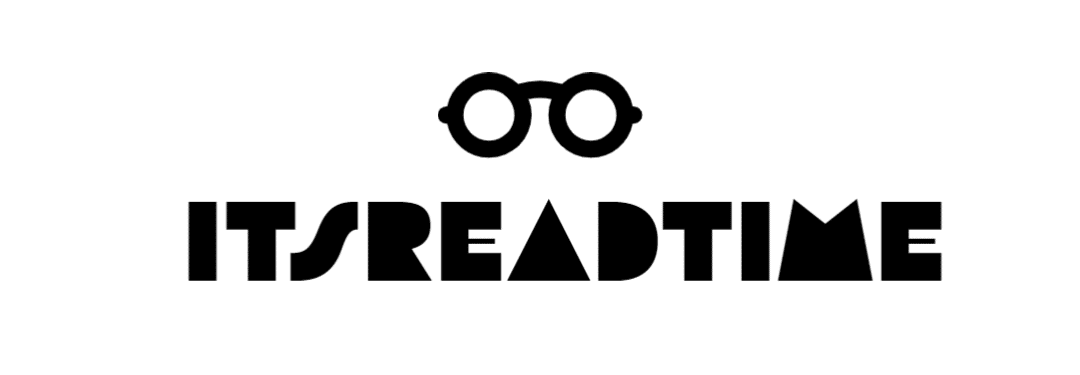Are you addicted to drugs and worried about your family finding out?
If you’ve recently discovered your drug addiction has deepened to the point where you may be an active danger to yourself or your family, then it’s important to understand how to respond effectively.
Above all, it’s vital to know what to look for. Let’s take a look at the most common signs of drug addiction to help you get a better idea of what this looks like in a person.
Changes in Social Habits
One of the common signs of drug addiction is changes in social habits. The drug abuser will avoid social situations and replace those interactions with drug use. This includes spending time alone in a bedroom instead of joining their family.
They will stop talking to friends and letting people in, instead preferring the company of drugs and their own negative thoughts.
So they may become easily agitated when not using a drug. They may start skipping appointments and social gatherings or go to them and be paranoid, skittish, and argumentative due to their drug intake.
Physical Symptoms
Physical symptoms of drug addiction can range from mild to severe and can vary depending on the person and their drug of choice. Some of the most common physical symptoms include:
- Decreased appetite
- Weight loss
- Increased sensitivity to pain
- Dilated pupils
- Insomnia
- Shaking
- Nausea or vomiting
People may also experience an increase in body temperature, secretion of sweat, and changes in their breathing. Some signs of physical addiction can be identical to those of infectious diseases, such as:
- Seizures
- Fever
- Dehydration
- Coma
It is important to remember that because addiction can have physical symptoms, it can also worsen the quality of life and may require medical intervention.
Psychological Symptoms
Drug addiction is a complex issue with many psychological symptoms, and these symptoms vary from person to person. Some of the most common psychological signs include changes in mood, such as:
- Depression
- Extreme irritability
- Drastic changes in behavior
The person may also display symptoms that are indicative of a constant state of paranoia or fear. Furthermore, their use of the drug may become compulsive and uncontrollable, as the psychological symptoms can lead to preoccupation with seeking and using the drug.
They may also display an increase in anxiety, restlessness, or changes in sleeping or eating patterns. They may demonstrate signs of increased impulsivity or engage in risky behavior when under the influence.
Financial Consequences
Drug addiction can lead to serious financial consequences. One of the most common signs of drug addiction is an individual who experiences significant financial problems as a result of drug use.
These can include large amounts of money spent on drugs, frequent borrowing of money, and an inability to pay bills on time. Those struggling with a drug addiction may find themselves unable to save money or even become unable to meet their basic needs.
If you or someone you know exhibits any of the signs of drug addiction, make sure to reach out to a men’s residential rehab for early intervention.
Know the Signs of Drug Addiction Today
Drug addiction is a complex disease and can be difficult to recognize. However, understanding the common signs of drug addiction can help identify and address a problem before it spirals out of hand.
If you or a loved one is displaying any of these warning signs, don’t hesitate to seek help. Early intervention can greatly improve the chances of lasting recovery. Did you find this article helpful? Visit more of our blogs!



